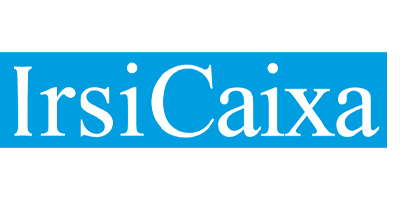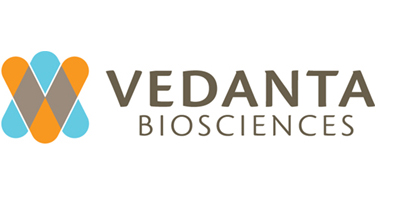Description
Researchers will address the hypotheses that gut microbiota conformation impacts on T-cell response to vaccines and that, in turn, vaccination leaves marks on the microbiota.
Research will focus on determining whether vaccine-induced immune response can be modulated by specific probiotic consortia and bacteria with proven immune-boosting effects and to what degree vaccination with different vaccine vectors and combination regimens impacts on the microbiota.
A series of experiments will be performed using mouse vaccination models to prove the following hypotheses:
- Microbiota depletion using antibiotics affects the immunogenicity of T-cell vaccines.
- Administration of specific probiotic consortia can modulate the T-cell response to vaccines in a predictable and mechanism-specific manner.
- T-cell vaccination with and without immunomodulators affects the characteristics of the microbiota.
The vaccination models will be based on mice immunized with DNA plasmid and viral vaccine vectors containing the same immunogen as will be used in human clinical trials (WP3). The results of these animal studies will provide a benchmark for the data generated in the human clinical trials. This will open up future opportunities to stratify patients by their microbiota and their probability of optimally responding to vaccination and also to specifically modulate the gut microbiota to improve vaccination outcomes in humans.
Objectives
To evaluate the impact of the gut microbiota on the cellular immune response to vaccination and, in the opposite direction, the impact of vaccination on gut microbiota composition.






